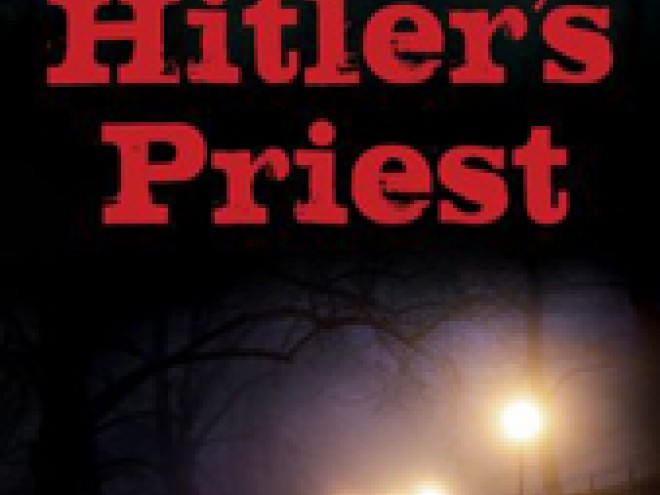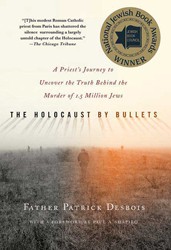In 2002, Hana Andronikova published her first novel, The Sound of the Sundial, for which she was awarded the Czech Republic’s esteemed prize for best debut novel. Recognized as a talented young writer, Andronikova initially began working on translation of her novel into English. Her untimely death to at 44 years old delayed the publication of the English edition until David Short’s translation was released last year. It is most unfortunate that the author cannot celebrate her success, but her writing lives on in this alluring, vivid, captivating, and heart-wrenching novel, proving that a Holocaust story can still surprise us with a different perspective and/or a divergent presentation of the material.
At first glance, one might assume that Andronikova introduces a prosaic topic of forbidden love between a Jew and Christian, but her ingenuity and creativity introduces unique material that is both twisted and thought-provoking. The plot reveals itself non-sequentially, interspersed with streams of consciousness, often keeping the reader guessing which at part came first.
The storyline begins and ends with an illicit love between two German-Czechs, Tom, and Rachel. They both define themselves as atheists, having renounced their respective faiths prior to meeting each other: Tom favored rationalistic thinking and found his Christian upbringing to be full of superstitions; Rachel, passionate about studying art and culture, recognized long ago the inequalities and unfair expectations that Judaism placed on women.
Fast-forward decades to a different continent, where Daniel, Tom and Rachel’s son, is forced to confront his past. Daniel is Czech-born, but has never revealed to his wife or children much about his childhood or the negative circumstances around the lives and deaths of his parents. In fact, Daniel never quite understood why his mother was sent away and why she never returned, but while vacationing with his family in Colorado he finally receives some of the answers to his questions.
Daniel recognizes that the owner of the bed and breakfast has a Czech accent. Revealing his identity to the proprietor, he learns that Anna, too, has something to reveal: she and his mother were close friends in the concentration camps. Through Anna, Daniel comes to acquaint himself the personality and the passion of his mother as he never knew her and the ardent love his parents shared.
As Daniel and his family leave to return home, Anna tells Daniel that Tom was Rachel’s “sundial.” Rachel, full of energy and passion, was anchored by Tom’s temperament. Daniel then muses to himself — if Tom was Rachel’s sundial, Rachel was Tom’s sun. Tom may have been a great builder, smart, an intellectual, but Rachel was his light source, his energy. Whatever he accomplished, whatever he built, Rachel was his inspiration. When Rachel failed to return after the war, Tom reverted to solitude, disconnected and stoic for the rest of his life, because his sun no longer rose.
Andronikova successfully encapsulates the inherent cruelties experienced by the victims of the Holocaust, balancing the horrors of history with a testament to how love and optimism can at times buffer the pain in the present, with the hope that the next generation will either carry their stories or create their own.
Related Content:





